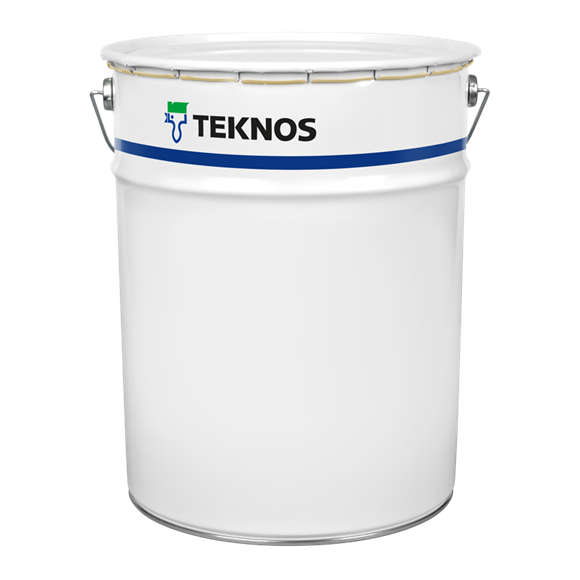ALPOLAN MARINE VARNISH 2420-80
Solvent-based 2C primer and top coat for interior and exterior use
- 2-component
- Solvent-borne
- Clear coat
- Primer

- 2-component
- Solvent-borne
- Clear coat
- Primer
ALPOLAN MARINE VARNISH 2420-80 is a solvent-based, moisture-retardant 2C primer and top coat with light stabilisers and excellent filling properties. The product is suitable for isolating wood that is rich in active substances. ALPOLAN MARINE VARNISH 2420-80 can also be used as a top coat. Cannot be used on wood that has been bleached with peroxide.
When used as a flame retardant coating for seagoing ships according to SOLAS (International Convention for the Safety of Life at Sea) 74/88 Reg. II-2/3, II-2/5 and II-2/6, latest version, IMO Resolution MSC.36(63)-(1994 HSC Code)7, IMO Resolution MSC.97(73)-(2000 HSC Code)7, this product can only be combined with other approved and technically suitable products. A risk assessment has been carried out according to Directive 2014/90/EU, Annex II, Section 3. The cured and dried coating poses neither a physical nor a health hazard, nor a hazard to the environment. ALPOLAN MARINE VARNISH 2420-80, can be applied by Gravity Feed Gun as well as by Airmix or Airless spraying systems either by hand or in automated spraying facilities. Thanks to its flame-retardant properties according to DIN EN 13501-1 and the resulting certification according to IMO MSC.307(88)-(FTP-Code 2010) as well as the EC type examination certificate (module B), ALPOLAN MARINE VARNISH 2420-80 can also be used for high-quality wooden surfaces in the exterior and interior of ships. For exterior use ALPOLAN MARINE VARNISH 2420-80 can be used only in combination with ALPOCRYL KLARLACK 1495-95 or ALPOCRYL KLARLACK 5454. ALPOLAN MARINE VARNISH 2420-80 is a highly versatile, robust and easy to use (hard)wood primer and top coat. ALPOLAN MARINE VARNISH 2420-80, reduces surface discoloration caused by tannins in hardwood. When used in ship interiors, the maximum total product application quantity of 250 g/m² should never be exceeded.
Technical data sheet
Safety data sheet
- ALPOLAN MARINE VARNISH 2420-80_2024-02-29_EU_en
- ALPOLAN MARINE VARNISH 2420-80_2024-02-29_IE_en
- ALPOLAN MARINE VARNISH 2420-80_2024-02-29_MT_en
- ALPOLAN MARINE VARNISH 2420-80_2024-02-29_NI_en
- ALPOLAN MARINE VARNISH 2420-80_2026-01-27_EU_en
- ALPOLAN MARINE VARNISH 2420-80_2026-01-27_IE_en
- ALPOLAN MARINE VARNISH 2420-80_2026-01-27_MT_en
- ALPOLAN MARINE VARNISH 2420-80_2026-01-27_NI_en
Surface preparation
Application
Application conditions
Storage
| Weight solids | abt. 45 % by weight |
|---|---|
| Volatile organic compound (VOC) | abt. 545 g/l |
| Pot life | 9 h (+23 °C) |
| Mixing ratio | 2:1 by volume (comp. A : comp. B) |
| Hardener | Comp. B: ALPOLAN UNIVERSALGRUND 2430-99 |
| Theoretical spreading rate | 120 g/m²; 8.3 m²/kg |
| Density | abt. 0.97 g/ml |
| Drying time – dust free | after 20 minutes |
| Drying time – touch dry | after 2 hours |
| Drying time – through-dry | after 24 hours |
| Drying time - overcoatable | after 16 hours |
| Thinner | VERDÜNNER 1300-98, VERDÜNNER 0950-98, VERDÜNNER 5600-98. |
| Clean up | Wash the equipment immediately after use. |
| Colours | Colourless. |
| Safety markings | See safety data sheet. |
| Approvals & certificates | IMO FTPC Part 2,IMO FTPC Part 5,Marine Equipment Approval (Module B) |
| Gloss value | 80 |